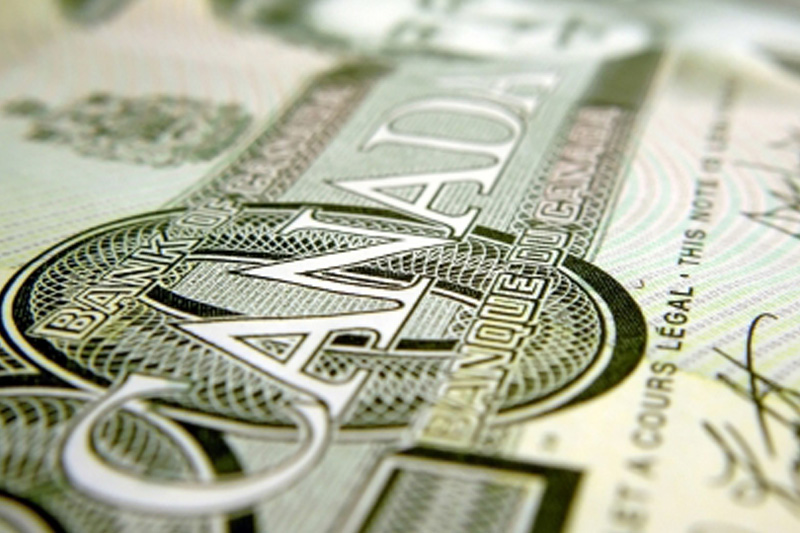* Canadian dollar at C$1.3632 or 73.36 U.S. cents
* Bond prices mixed across the maturity curve
(Adds details, quotes; updates prices)
By Fergal Smith
TORONTO/OTTAWA, Dec 10 (Reuters) - The Canadian dollar
weakened to an 11-year low against the greenback on Thursday as
the price of oil slid further, contrasting with gains for fellow
commodity currencies, the Australian and New Zealand dollars.
With the sustained drop below $40 a barrel for oil this
week, the loonie has fallen through key technical barriers and
taken 2 percent off the currency so far this week.
"Obviously oil is going to continue to be a big driving
factor," said Scott Smith, senior market analyst at Cambridge
Global Payments in Toronto.
Oil gave up Thursday's earlier gains as persistent
oversupply concerns offset a surprise drop in U.S. crude
inventories after 10 weekly increases. U.S. crude CLc1 prices
settled at $36.76 a barrel, down 1.1 percent. O/R
Expectations that the U.S. Federal Reserve will begin
raising interest rates next week has lifted the U.S. currency to
the detriment of the Canadian dollar.
Although a further push to C$1.3700 is not out of the
question, the currency pair is getting close to where U.S.
dollar-long investors may take some profit, said Smith.
"There's a higher probability of consolidation than another
leg higher at this junction," he said.
The Canadian dollar CAD=D4 ended the North American
trading session at C$1.3632 to the greenback, or 73.36 U.S.
cents, weaker than the Bank of Canada's official close of
C$1.3564, or 73.72 U.S. cents.
The currency's strongest level of the session was C$1.3533,
while its weakest level was C$1.3640.
Against the Australian dollar, the Canadian dollar weakened
to C$0.9922 AUDCAD=R , having hit its weakest level in 10
months at C$0.9939 after Australian employment surged for the
second straight month.
The Canadian dollar also underperformed against the New
Zealand dollar CADNZD=R after New Zealand's central bank cut
its benchmark interest rate to match a record low of 2.50
percent but virtually shut the door on further easing.
Canadian government bond prices were mixed across the
maturity curve, with the two-year CA2YT=RR price down 1.5
Canadian cents to yield 0.544 percent and the benchmark 10-year
CA10YT=RR rising 3 Canadian cents to yield 1.487 percent.
The Canada-U.S. two-year bond spread was 2 basis points
wider at -40.3 basis points, while the 10-year spread was 2.8
basis points wider at -74.5 basis points, extending recent
outperformance for Canadian bonds.
